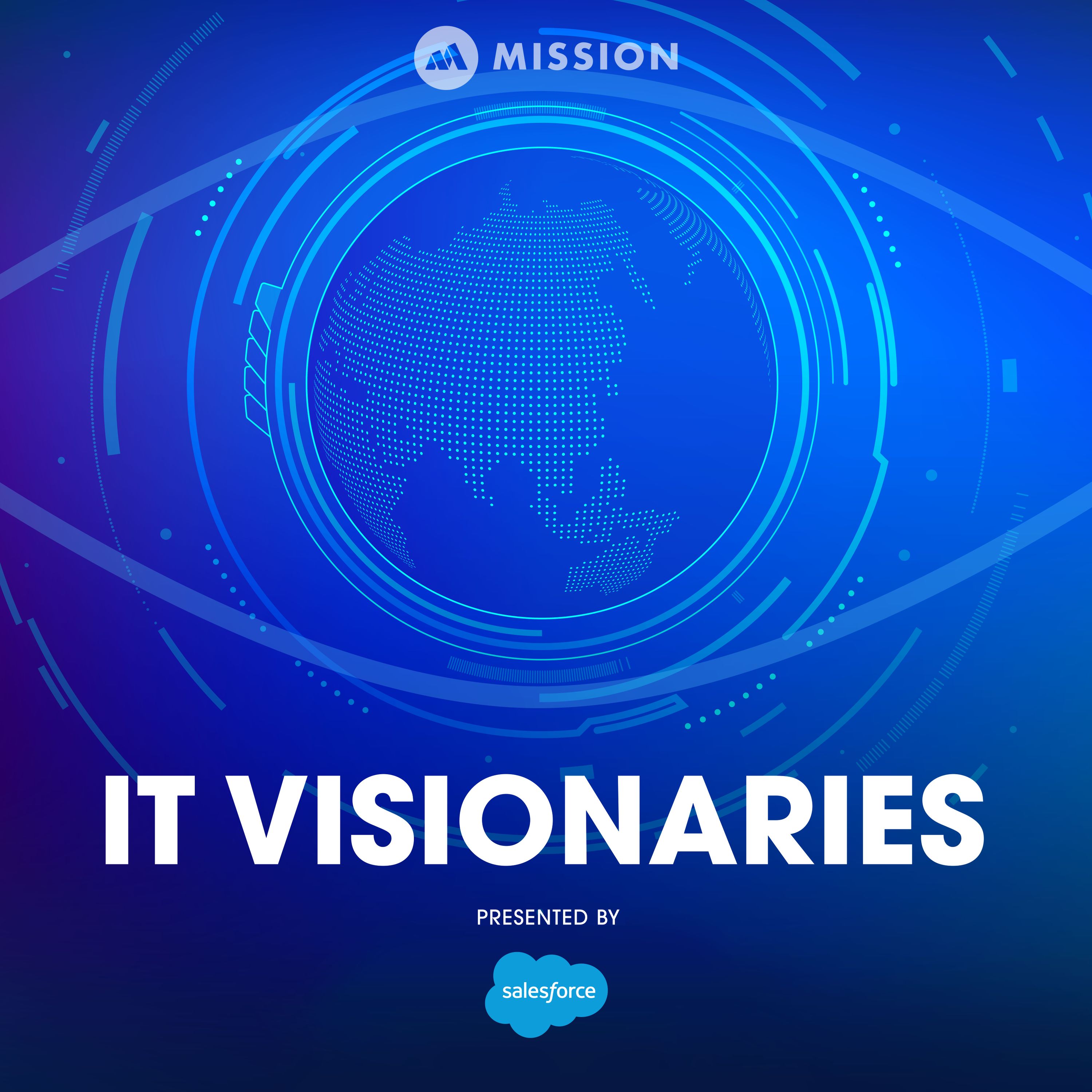- Technology
- SEE MORE
- classical
- general
- talk
- News
- Family
- Bürgerfunk
- pop
- Islam
- soul
- jazz
- Comedy
- humor
- wissenschaft
- opera
- baroque
- gesellschaft
- theater
- Local
- alternative
- electro
- rock
- rap
- lifestyle
- Music
- como
- RNE
- ballads
- greek
- Buddhism
- deportes
- christian
- piano
- djs
- Dance
- dutch
- flamenco
- social
- hope
- christian rock
- academia
- afrique
- Business
- musique
- ελληνική-μουσική
- religion
- World radio
- Zarzuela
- travel
- World
- NFL
- media
- Art
- public
- Sports
- Gospel
- st.
- baptist
- Leisure
- Kids & Family
- musical
- club
- Culture
- Health & Fitness
- True Crime
- Fiction
- children
- Society & Culture
- TV & Film
- gold
- kunst
- música
- gay
- Natural
- a
- francais
- bach
- economics
- kultur
- evangelical
- tech
- Opinion
- Government
- gaming
- College
- technik
- History
- Jesus
- Health
- movies
- radio
- services
- Church
- podcast
- Education
- international
- Transportation
- Other
- kids
- podcasts
- philadelphia
- Noticias
- love
- sport
- Salud
- film
- and
- 4chan
- Disco
- Stories
- fashion
- Arts
- interviews
- hardstyle
- entertainment
- humour
- medieval
- literature
- alma
- Cultura
- video
- TV
- Science
- en
How Convoys API is Saving the Environment and Optimizing the Trucking Experience for Drivers and Shippers

Every day, millions of truckers grab their keys, hop in their semis, start their engines, and head out on the open road to pick-up and deliver billions of products to millions of stores across the U.S. The trucking industry is an integral piece of what fuels America’s economy. And businesses around the country rely on these trucks to pick-up and receive orders on time, especially as the need for on-demand products and delivery has risen in conjunction with the rise of online shopping and mobile technology. So why then has the shipping industry been so slow to change and adopt new technologies?
Grant Goodale, is a former Amazon employee and now the CTO of Convoy. When he learned that 40% of trucks you see on the road are often carrying empty loads because of a poor booking process, he and his partners asked themselves a simple question: how do they disrupt the trucking industry with software that optimizes the user experience and eliminates this inefficiency?
“We built what was probably the smartest pricing engine in the industry to help us understand all of those variables, all of those inputs as to what a trucking job should cost so that we can get the best pricing from shippers for a given job, and then help carriers get the right price for the work that they're doing.” On this episode of IT Visionaries, Grant discusses how Convoy has optimized the booking experience for shippers and drivers with its software, and how that new process has helped not just the bottom line, but the environment as a whole. Plus, Grant explains why the trucking industry has been slow to adopt new technologies, and some tips for early-stage start-ups on how to extend your runway.
Main Takeaways
- Lost in Time: Most trucking companies employ less than six trucks, which means these small businesses often don’t have staffing for sales, marketing, or a website. Because of the structure of these businesses, most drivers were booking and negotiating jobs on Load Boards, which meant companies had to physically post jobs, drivers had to call to negotiate rates and book gigs themselves, all assuming the physical postings were up-to-date. It is a system in clear need for optimization.
- Better for the Environment: 40% of the trucks you see on the road are empty trucks shuttling between jobs. Because a majority of drivers don’t book their next job until one delivery is completed, their routes are not optimized, which means more time on the road and more time between jobs. If drivers can cut back just 1% from that 40%, they can eliminate nearly 380 million gallons of diesel gas used each year.
- Don’t Bite Off More Than You Can Chew: As a start-up, every new job you take on chips away at your supply. Make sure you are as cautious about your supply fragmentation as much as possible to make sure you aren’t overextending yourself or your business’s capabilities.
IT Visionaries is brought to you by the Salesforce Platform - the #1 cloud platform for digital transformation of every experience. Build connected experiences, empower every employee, and deliver continuous innovation - with the customer at the center of everything you do. Learn more at salesforce.com/platform